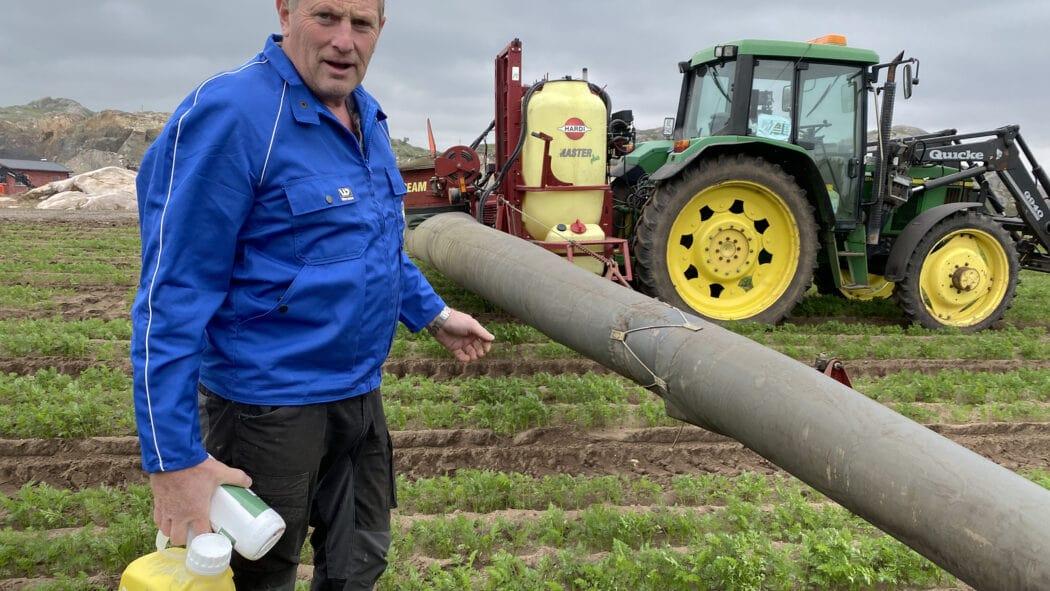
Pesticides: a blessing and a curse for European farmers
24 June 2022Pesticides are part and parcel of farming to most European farmers. They are the ones who will have to make the change when politicians decide to cut the use of chemicals in fields that grow our food.
We spoke to farmers across the continent about pesticides and the benefits and challenges of sustainable agriculture.
We asked them: Can you imagine farming with much less pesticide? What will it take? Or why can you not imagine it?
Some had fully embraced the idea of abandoning pesticides and adopting more sustainable farming practices. For others, this option seemed simply not viable. It would mean higher production costs, lower yields, and difficulties in accessing larger markets. Some farmers are moving towards sustainability, but continue to use pesticides in some sections of their lands, or experiment with smaller doses than before.
Take a look at the photo gallery below to find out what each of them said.
We asked them: Can you imagine farming with much less pesticide? What will it take? Or why can you not imagine it?
Some had fully embraced the idea of abandoning pesticides and adopting more sustainable farming practices. For others, this option seemed simply not viable. It would mean higher production costs, lower yields, and difficulties in accessing larger markets. Some farmers are moving towards sustainability, but continue to use pesticides in some sections of their lands, or experiment with smaller doses than before.
Take a look at the photo gallery below to find out what each of them said.
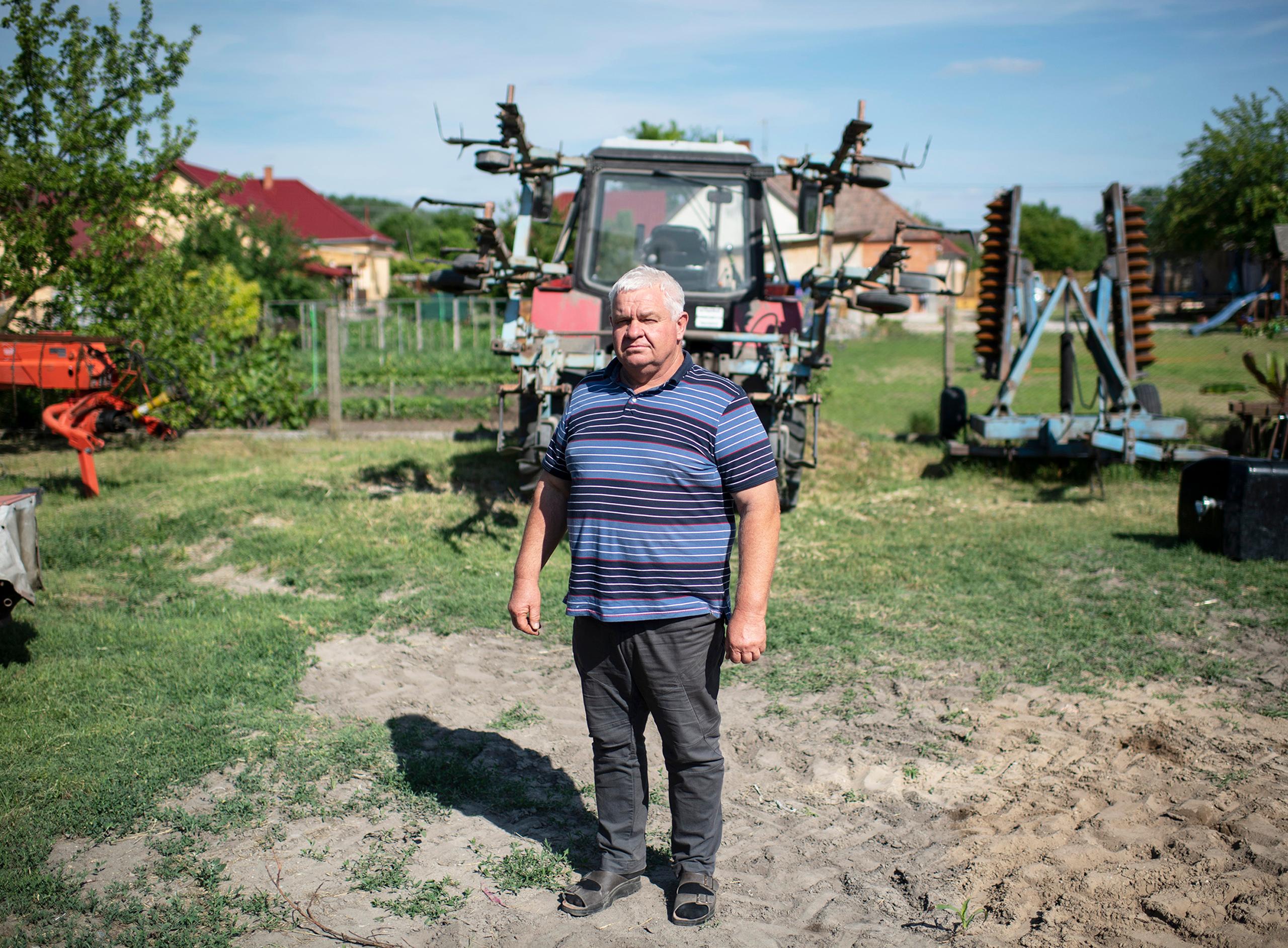
HUNGARY: “The world has to decide whether we want to eat or not. Because if we cannot save the plant from the insect or whatever, we will starve.” – Zoltán Gyurcsik (Credit: János Bődey/Telex)
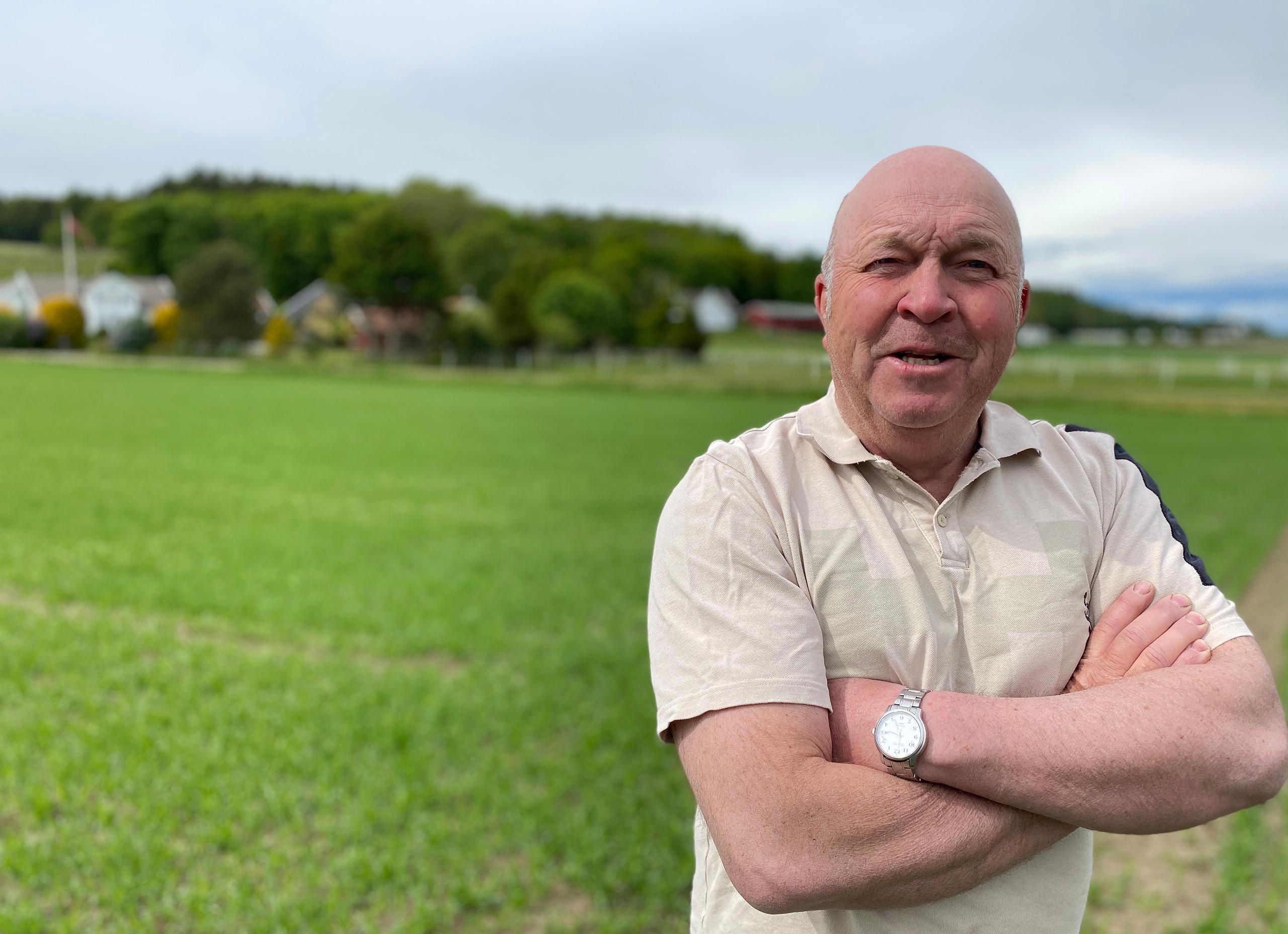
NORWAY: “I already use nets instead of insecticides on my carrots. But making it with less herbicides especially, will be hard. We vegetable farmers often have big expenses for manual weeding, and without chemicals they could go through the roof.” - Steinar Dalen, carrot farmer (Credit: Ingeborg Eliassen)
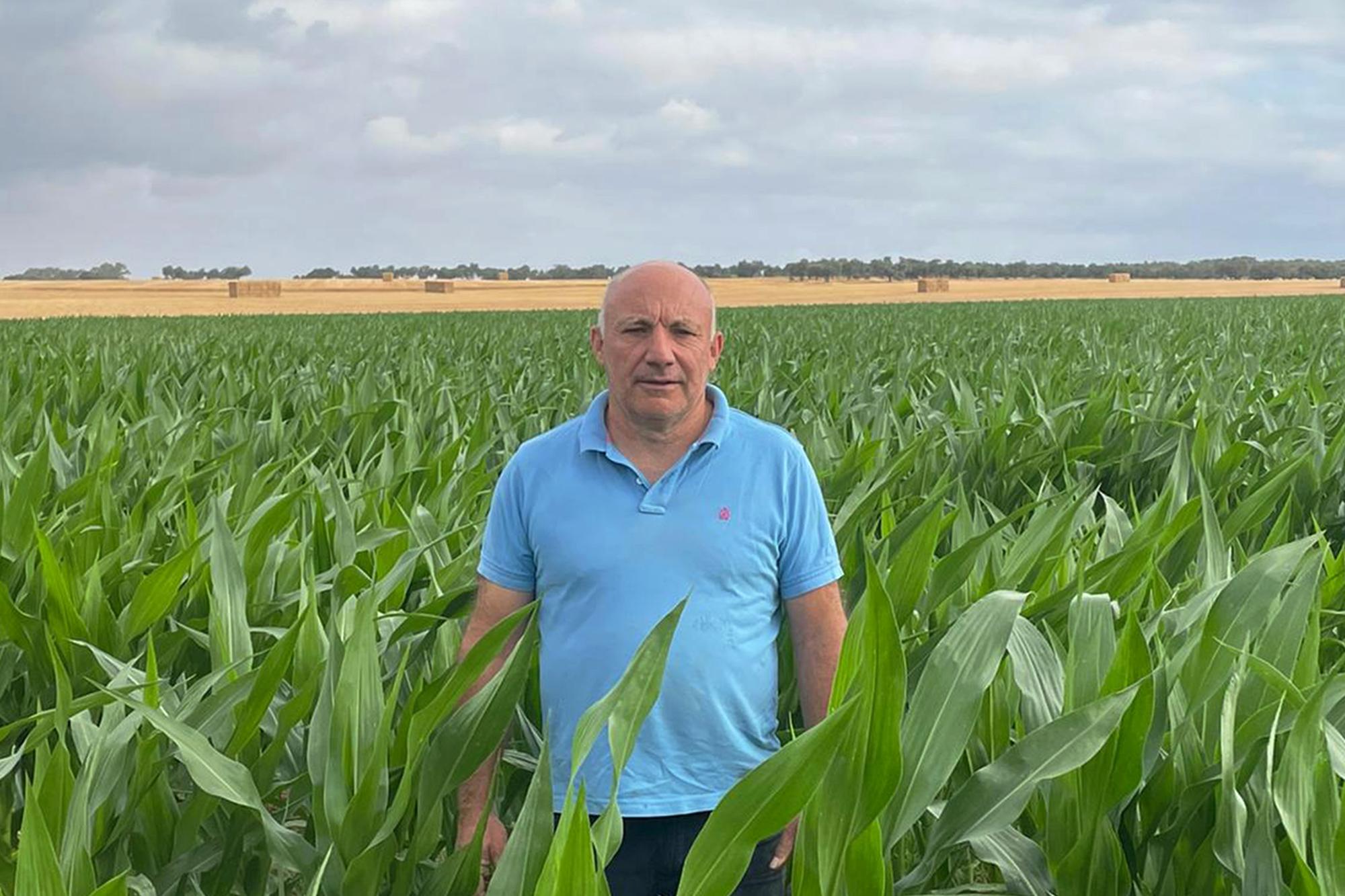
SPAIN: "Pesticides cost a lot. They stop selling the product that we used to buy. The next product they sell you, has the same active material, plus it is weaker, so you have to use more quantity. Of course it is also more expensive. Before, we had everything under control with two or three products. But now we need to use combinations of products, which makes everything more expensive." - Ildefonso Cabaníllas Corchado, tomato producer (Credit: Paulo Pena)
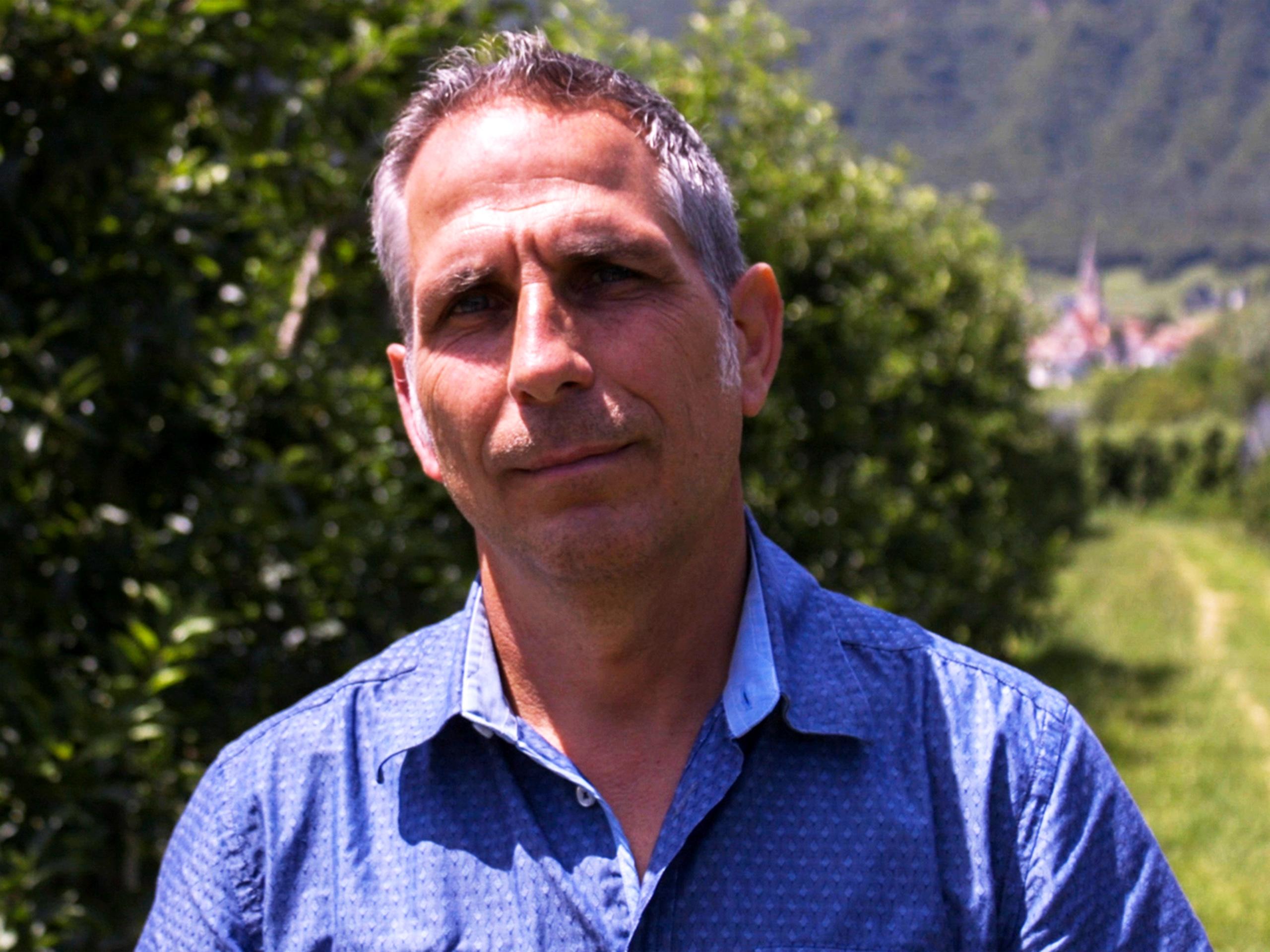
ITALY: "Normally we have about 90 per cent conventional production and 10 per cent organic farming. If we switch to organic, we lose more or less a third of the production. Then, because of less production per hectare, production costs more since I cannot use herbicides and so on.” – Harald Weis, conventional apple farmer (Credit: Alicia Prager and Lorenzo Buzzoni)
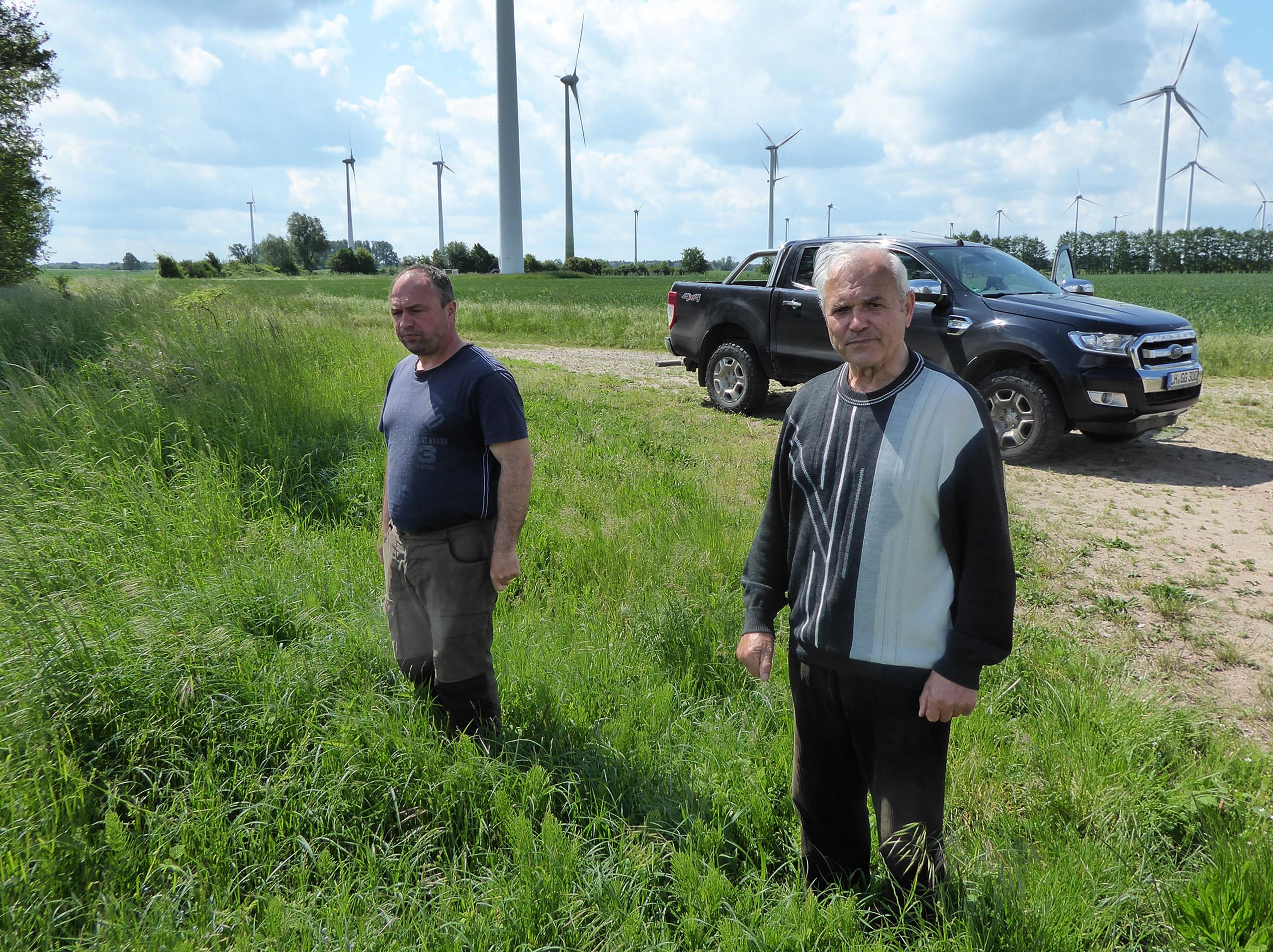
GERMANY: “Over the last 10 years we have decreased our expenses for plant protection products by 30 per cent, and the amount of the substances by at least 25 per cent. We have achieved this by crop rotation, acidification of the solution to reduce the amount of the ingredient, and by wetting the leaves with a more precise machine”. Dieter Helm and his son Holger, cereal farmers (Credit: Harald Schumann)
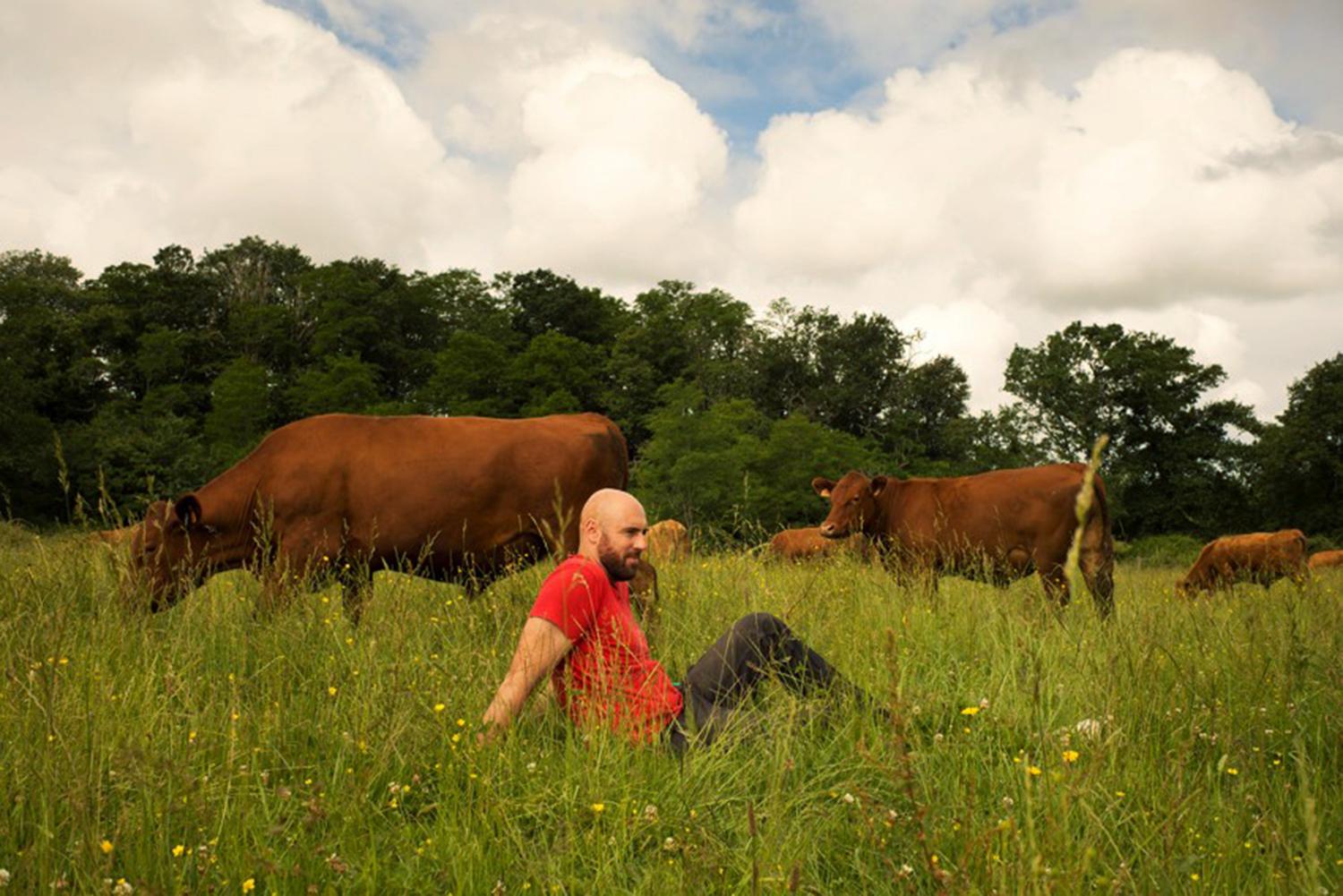
FRANCE: “Today, pesticides are a problem for humans, for human health. Climate change is a problem for humanity. Sometimes we fight the wrong battles. If we don’t take the fight against climate change as our starting point, there’s no point in asking the question of pesticides. Pesticides must therefore become a tool for practices that will help the climate.” - Felix Noblia (Credit: Pascal Hansens)
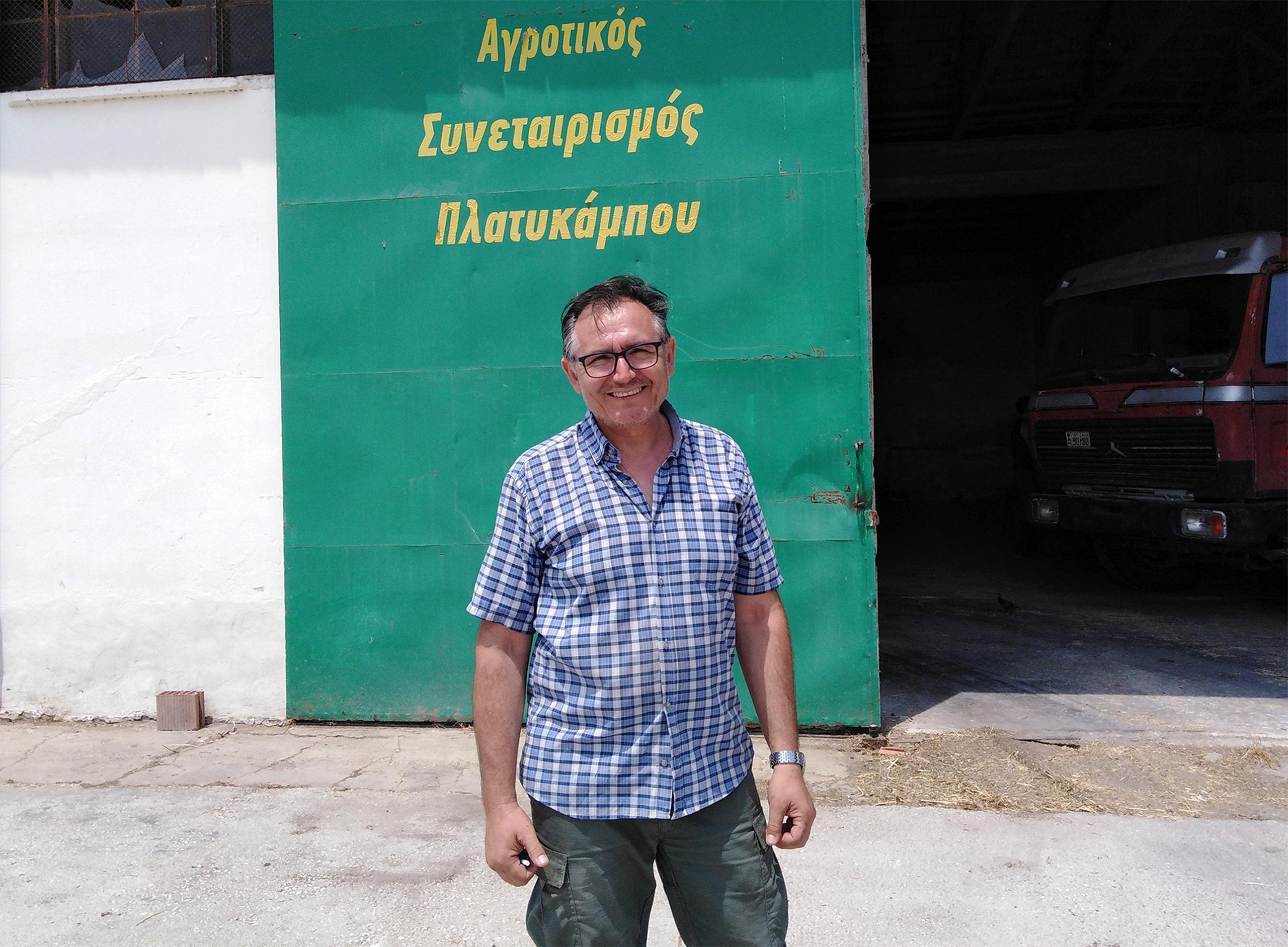
GREECE: “When it comes to harmful plants and weeds, we will face a big problem if herbicides stop existing in their current form. First we would need a lot more farm workers, who today do not exist, and even if they did, the costs would be too large for a Greek farmer to bear.” - Giannis Koukoutsis, President of Farmers Cooperative (Credit: Eurydice Bersi)
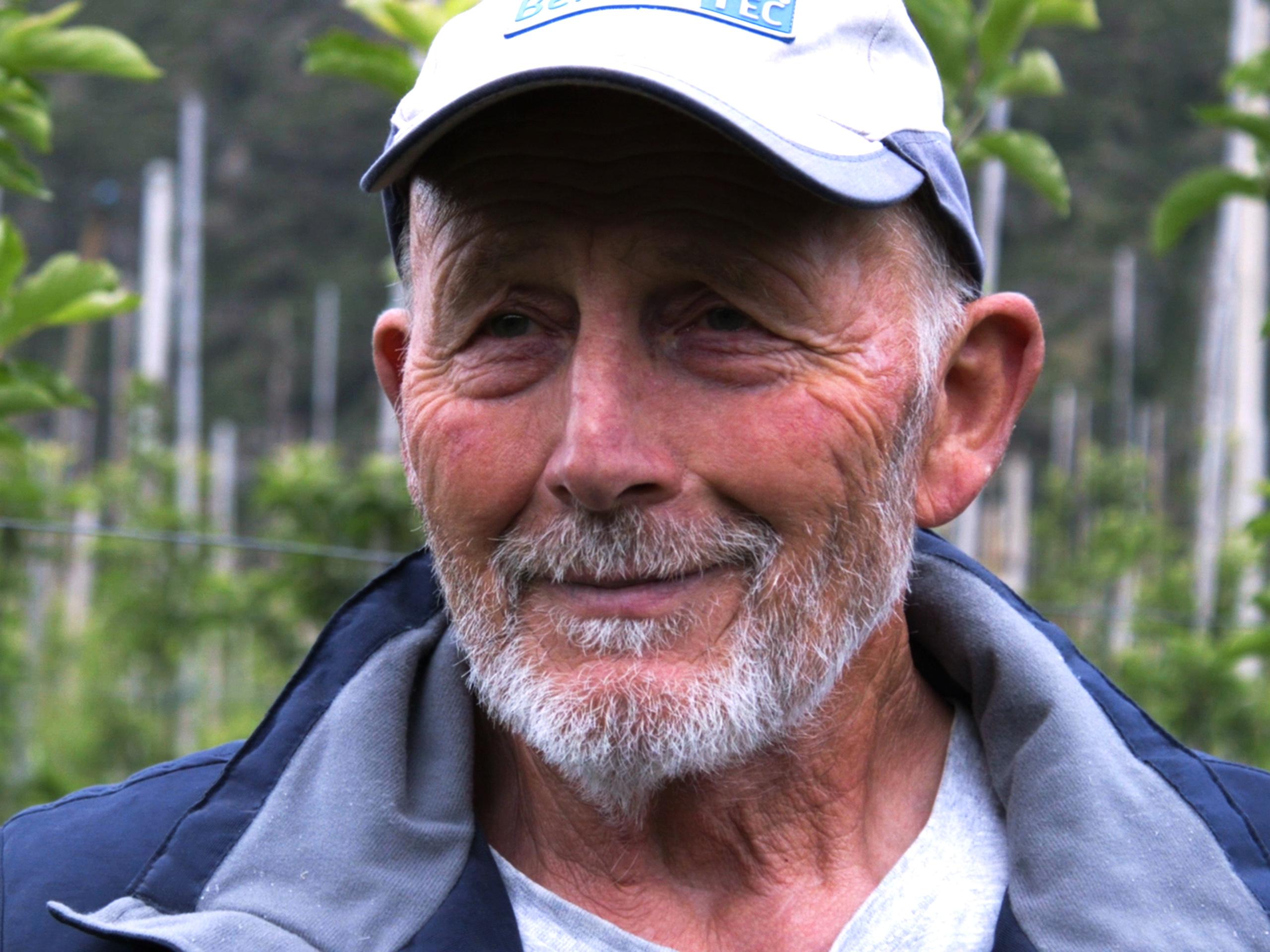
ITALY: "In the first three years of transition, you have to produce as organic but sell as intensive. It was difficult to compete with other colleagues. Now we hope that in the future things will be better. My daughters are convinced that organic is the right way." - Raimund Prugger, organic apple farmer (Credit: Alicia Prager and Lorenzo Buzzoni)
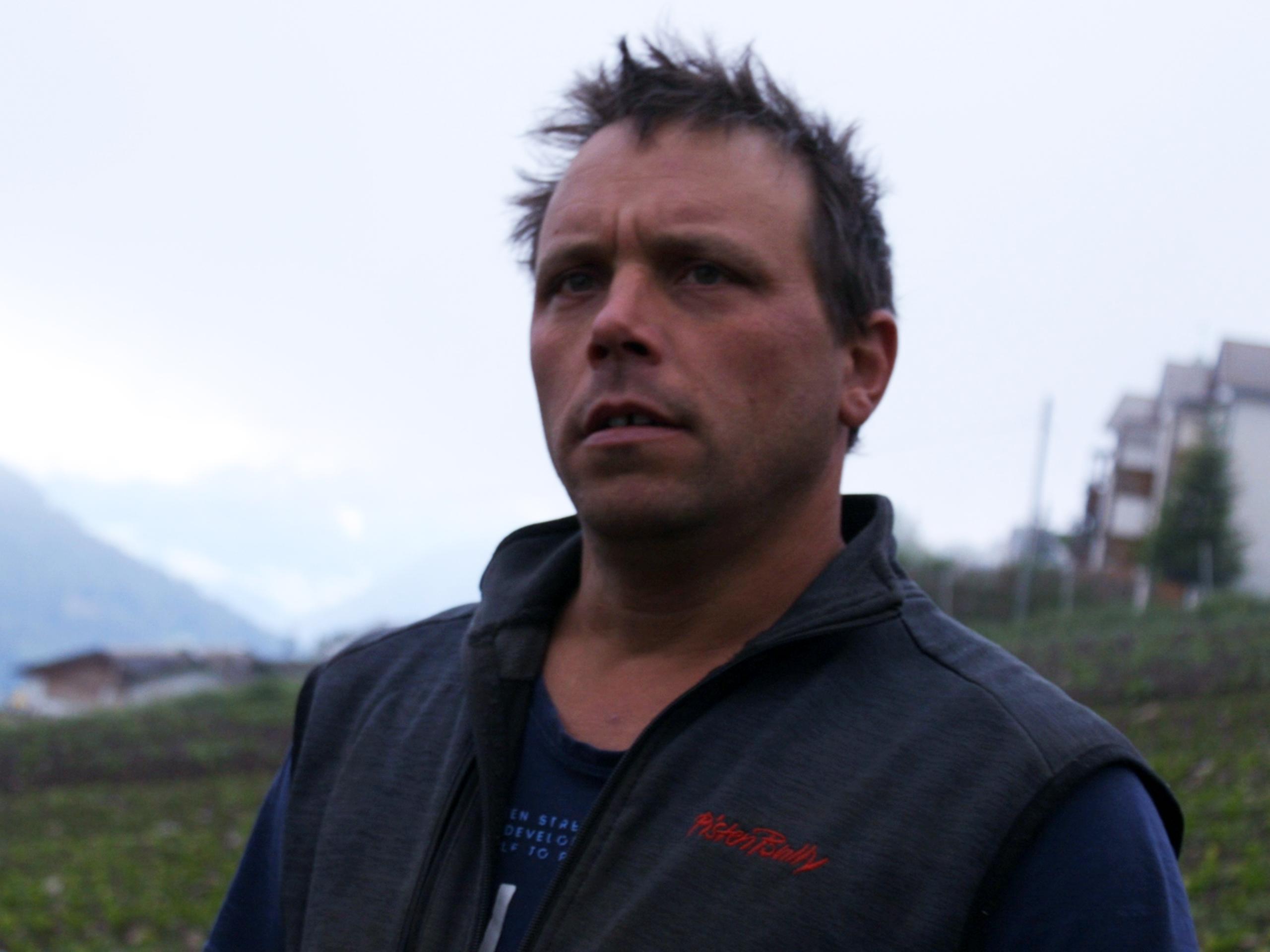
ITALY: "It seemed wrong to us to use pesticides here in our mountains, so we switched to organic farming. We did this thinking about our soils, about tomorrow.” – Peter Möltner, organic farmer (Credit: Alicia Prager and Lorenzo Buzzoni)
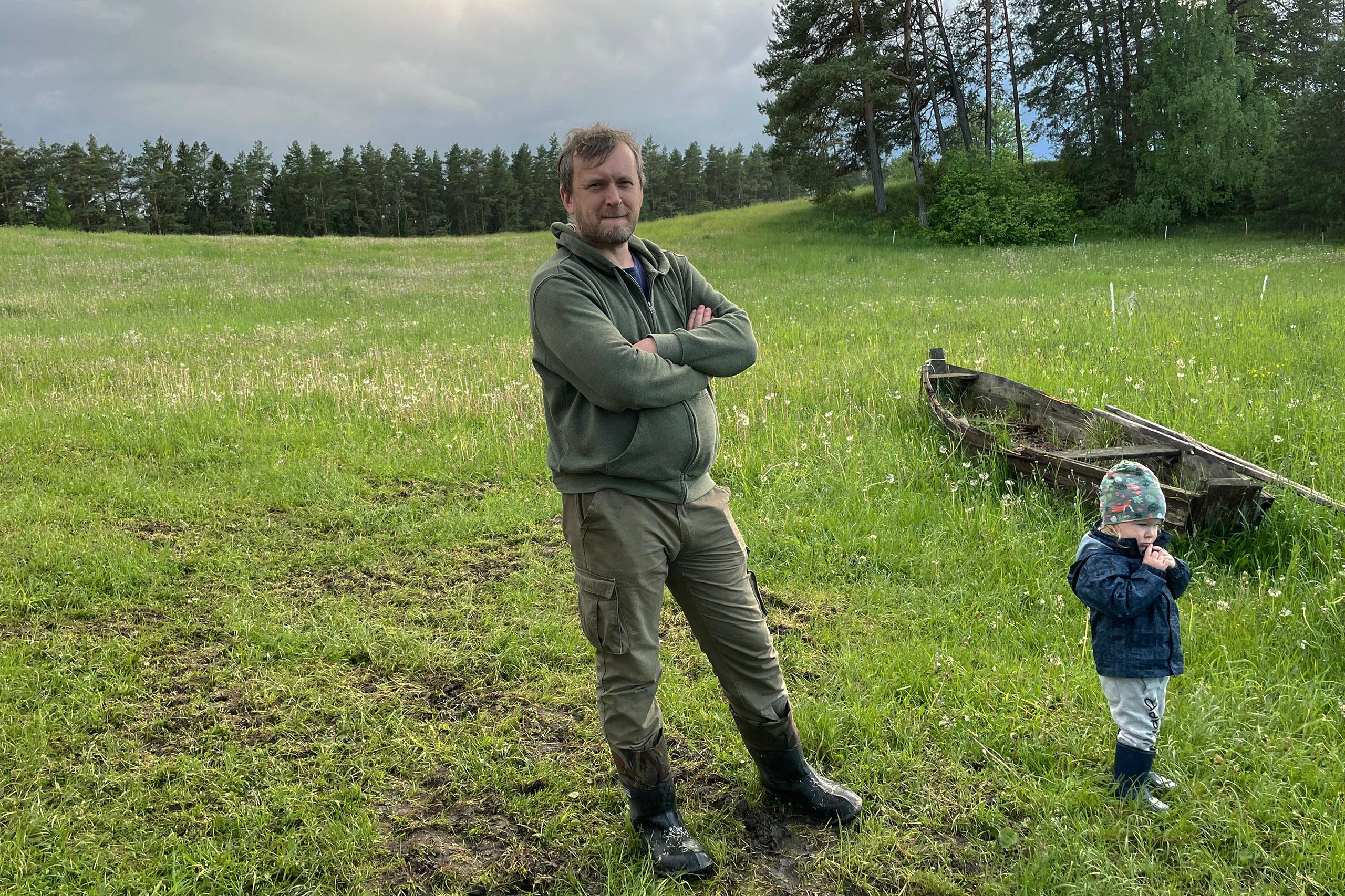
POLAND: "I can imagine a world without pesticides. The basis of organic farming is to apply elementary principles of agrotechnology. Plant protection is a comprehensive measure, not just the use of plant protection products, where pesticides is a supporting element. With this approach, food can be produced in a sustainable and environmentally safe way. It is a labour-intensive production system, it takes knowledge and time. But overall it is beneficial for the environment, for the community and for consumer health". - Paweł Luto (Credit: Wojciech Cieśla)
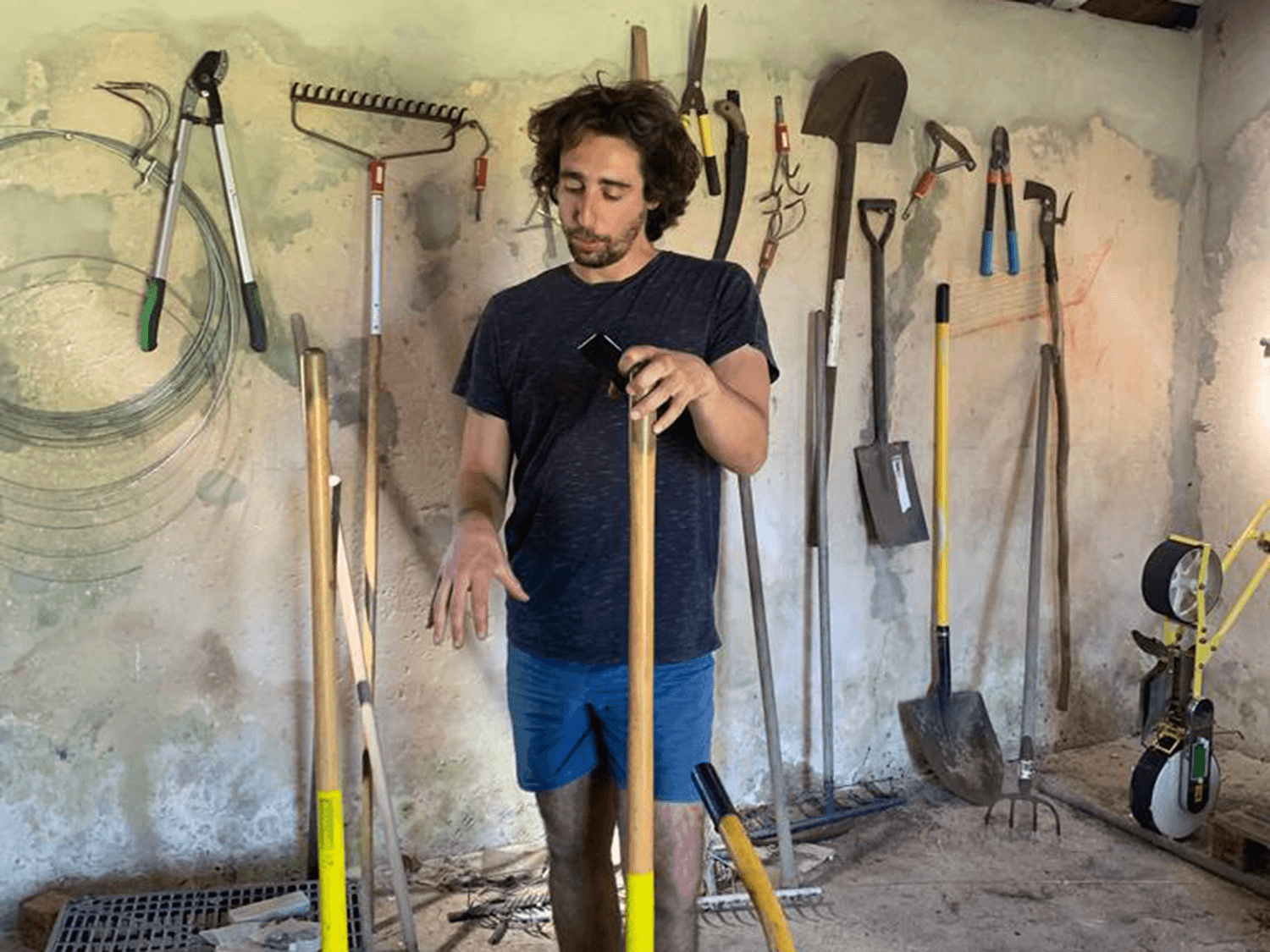
PORTUGAL: "There should be no dependency on pesticides, no. Do I need to use pesticides to cultivate well? I don't think so. We don't use anything; we don't spray anything. We instead manage the soil. If the soil is alive, vibrant, full of life, the plant will manage by itself. We take care of the soil, the soil takes care of the plants, and the plants take care of us." – Hugo Zina, the organic Horta do Pé Descalço (Barefoot Farm). (Credit: Paulo Pena)
